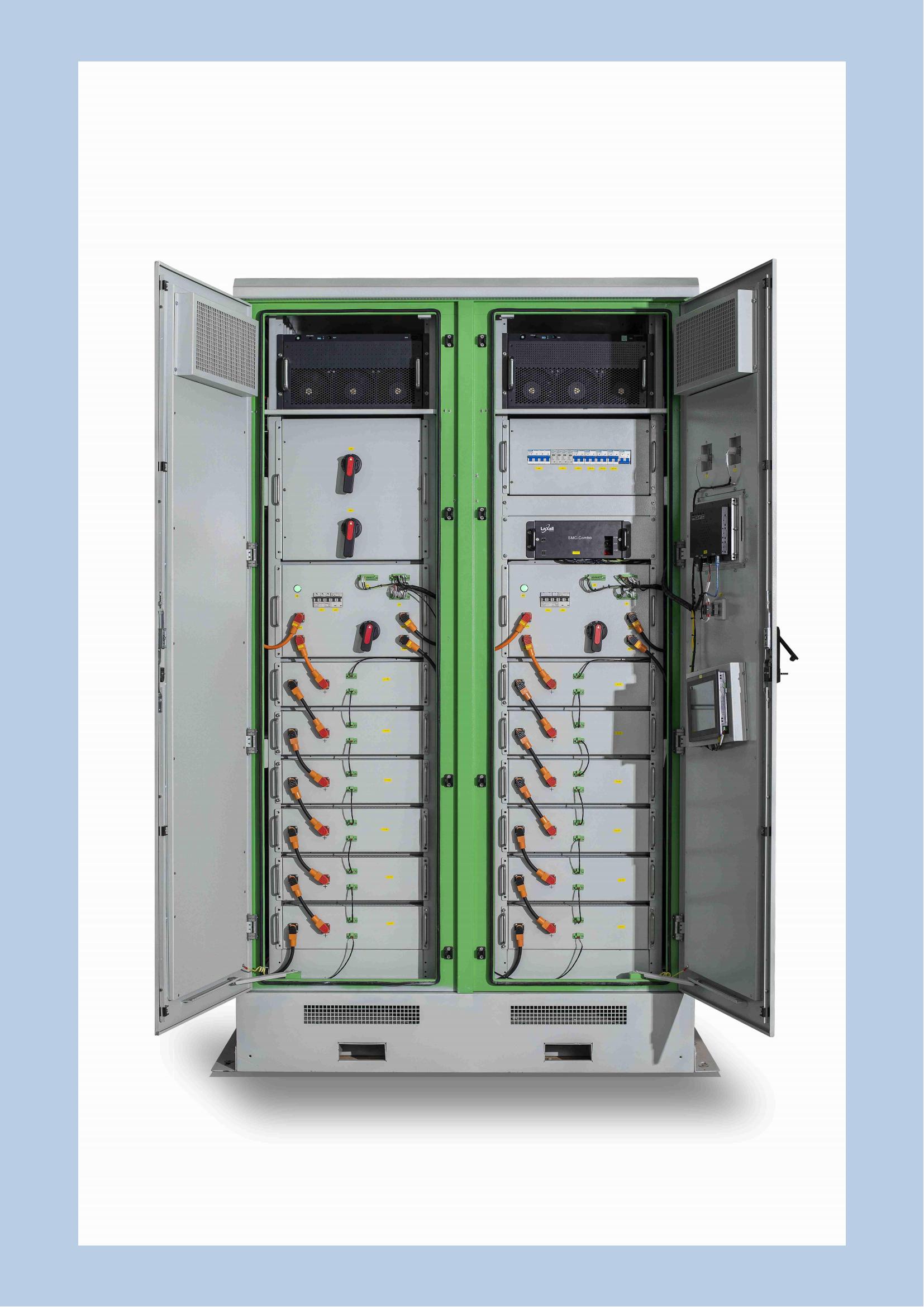
Dec . 09, 2024 16:15 Back to list
Advancements in Energy Storage Solutions for Sustainable Battery Technology
The Advancements and Importance of Battery Storage Technology
In recent years, battery storage technology has emerged as a pivotal component in the transition towards more sustainable and resilient energy systems. As the world increasingly shifts towards renewable energy sources such as solar and wind, the need for efficient energy storage solutions has never been more critical. Battery storage technology not only facilitates the deployment of intermittent renewable resources but also enhances grid stability, supports energy security, and enables better management of electricity demand.
At the heart of battery storage technology is the ability to store excess energy produced during times of low demand and release it when demand peaks. This asset is crucial in managing the variability associated with renewable energy sources. For instance, solar energy generation is highest during sunny days, yet energy consumption often peaks in the evening hours when the sun goes down. Battery storage systems can capture this excess energy during the day and supply it to the grid later, helping balance supply and demand effectively.
One of the most widely used battery technologies today is Lithium-ion (Li-ion). It is favored for its high energy density, longevity, and decreasing costs. Li-ion batteries are ubiquitous in consumer electronics and electric vehicles, and their scalability makes them a prime candidate for grid-scale storage solutions. According to industry reports, the cost of lithium-ion batteries has dropped by almost 90% since 2010, making large-scale battery storage projects more economically feasible than ever.
battery storage technology

However, battery technology is not without challenges. Issues such as resource scarcity, environmental impacts of raw material extraction, and recycling are significant concerns. A renewable energy future must address these challenges head-on to ensure that the environmental benefits of batteries do not come at the expense of ecological integrity. To mitigate these issues, researchers are exploring alternative battery chemistries, such as sodium-ion, flow batteries, and solid-state batteries, which promise to provide less toxic and more sustainable storage solutions.
The potential applications of battery storage technology extend far beyond merely supporting renewable energy systems. In residential settings, home battery systems allow homeowners to store energy generated from rooftop solar panels for use during peak hours, thus lowering electricity bills and increasing energy independence. Moreover, utility companies are increasingly investing in large-scale battery storage projects to enhance their grid resilience, reduce the need for fossil fuel-based peaker plants, and defer infrastructure upgrades.
Governments and policymakers play an essential role in promoting battery storage technology through supportive legislation and incentives. Policies that encourage research and development, provide financial support for innovation, and endorse the integration of storage technologies into energy markets can pave the way for rapid advancements and deployment. As battery storage continues to evolve, public-private partnerships can facilitate the necessary investment and collaboration to drive breakthroughs in technology.
In conclusion, battery storage technology is at the forefront of the global push towards sustainable energy systems. Its ability to store and manage renewable energy is essential for achieving energy independence and combating climate change. By continued investment in research, development, and policy support, battery storage technology will play a vital role in creating a more sustainable and resilient energy landscape for future generations. As advancements in this field continue to unfold, the opportunities for innovation and improvement remain vast, offering hope for a cleaner and more sustainable energy future.
-
AI-Powered EMS with GPT-4-Turbo | Efficiency Boost
NewsAug.01,2025
-
Optimized Storage System for GPT-4-Turbo | High Performance
NewsJul.31,2025
-
AI Energy Management System w/ GPT-4 Turbo Efficiency
NewsJul.31,2025
-
High-Performance Energy Storage System for Reliable Power Solutions
NewsJul.30,2025
-
Advanced EMS Solutions for Energy Management System & Storage Battery Companies
NewsJul.29,2025
-
Intelligent Energy Management for Homes - Efficient Storage Solutions
NewsJul.29,2025























